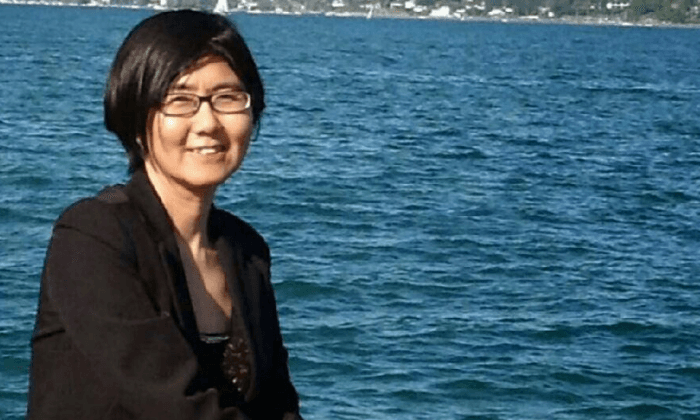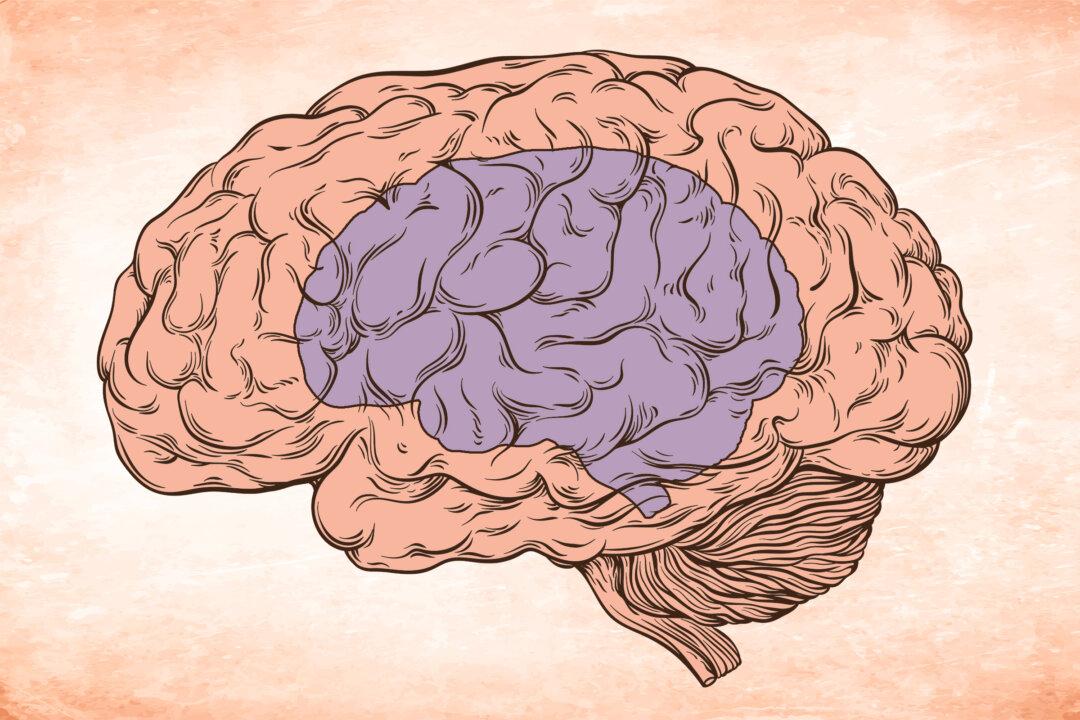Canada’s Ambassador to China has called for the release of over 100 Chinese human rights lawyers and activists in a move some describe as a break from protocol.
The Canadian foreign affairs department has also publicly raised the plight of prominent lawyer Wang Yu arrested in an ongoing crackdown against lawyers in China who take cases involving groups targeted by the Chinese regime.
“Canada is gravely concerned by the ongoing detention, arrest, interrogation or disappearance of lawyers and activists who defend the legal rights of Chinese citizens. As of today, over 100 people have been targeted,” said Guy Saint-Jacques, Ambassador of Canada to the People’s Republic of China, in a statement posted July 16 on the website of Canada’s embassy in Beijing.
“This widespread crackdown began soon after a group of lawyers and activists issued a public statement condemning the disappearance of human rights lawyer Wang Yu, her husband, Bao Longjun, and their 16-year-old son.”
“This method of making a public statement is a significant departure and surely indicates our government’s frustration over recent events,” said Carole Samdup, Executive Director of the Canada Tibet Committee.
Yu, 44, attracted international attention after she faced fierce pushback from the regime for trying to defend four adherents of the Falun Gong spiritual practice in the northeastern province of Heilongjiang in 2014. She publicly criticized the efforts made by the security forces there to keep her from her clients and to intimidate her.
She also exposed how the court suspended normal procedures and ignored Chinese law in dealing with her clients.
In another case on July 2 in Sanhe, Hebei Province, Wang raised similar issues and was violently thrown from the courtroom, according to witnesses. Wang lodged a complaint with Sanhe’s Procuratorate accusing it of committing illegal acts.
On July 9, Wang was dragged from her home in Beijing by over a dozen police officers.
Chinese Human Rights Defenders, an NGO that focuses on human rights, reported that Wang Yu had sent an urgent message:
“Right after I saw off my son and husband at the airport, the electricity in the house suddenly cut out…Then, I heard someone knocking on the door. Through the peephole, I only could not see anyone, just darkness. Occasionally, I could hear low, muffled voices. I can’t reach my husband or my son’s phones. What happened to them?”
The group didn’t say how she sent the message.
Canada’s ambassador said China should end its crackdown on lawyers.
“Canada calls on China to respect its human rights obligations, to release the lawyers and activists in detention, and to take important steps to implement and respect the rule of law in China,” he said in his statement.
Following the second review of China’s criminal laws in June, the regime planned to add “severely disrupting courtroom order,” “insulting, defaming, or threatening judicial officials or litigation participants,” and “not heeding the court’s warning” to the list of criminalized courtroom behavior.
Over 500 lawyers signed an open letter in protest last October when the amendments were first put forth in a draft reading. They said words like “defaming” and “insulting” were overly vague and could be used to charge lawyers for anything they might say in defense of their clients, including drawing attention to wrongdoing by the judiciary.






Friends Read Free